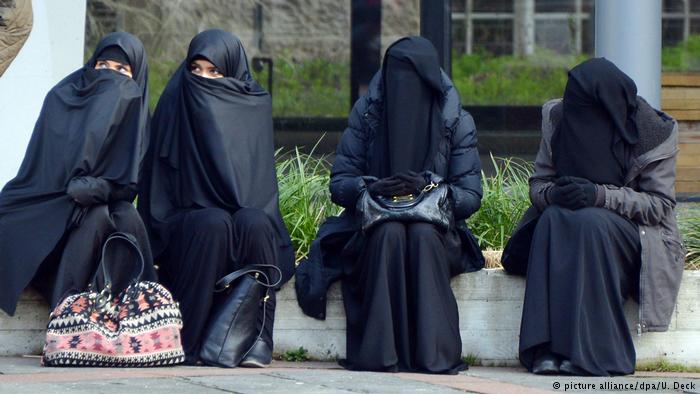
Egypt’s Endowments Ministry Spokesperson Ahmed al-Qady has said that the ministry will respect the rulings of the judiciary, following the Supreme Administrative Court’s decision yesterday upholding Cairo University’s move to ban female faculty from wearing the niqab, or face veil.
The court issued a ruling on Monday upholding a 2015 ban for female faculty members at Cairo University from wearing niqab in the classroom, a decision that was also upheld in court in 2016 amid protests likening the ban to religious discrimination.
“The Endowments (Ministry) respects all judicial rulings. For the religious aspect, Dar al-Iftaa has to decide on it,” he said.
Qady stressed the importance of developing religious discourse and engaging with communities in order to keep pace with modern day developments, adding that the Ministry is concerned with training imams and preachers and is following up on the public’s response to ministry-sponsored seminars.
Meanwhile, TV host Mohamed al-Baz has called for applying the niqab ban to all educational institutions across Egypt.
Baz said during his program “90 Minutes,” which is broadcast on the al-Mehwar satellite channel, that the ruling issued by the Supreme Administrative Court does not apply to female employees at Cairo University, but applies only to female faculty members.
He then called for filing a lawsuit to apply the ruling to all workers in educational institutions nationwide. He stressed that banning the wearing of the niqab does not contradict with the teachings of Islam and argued that even Al-Azhar, Egypt’s premier Islamic institution, has said that the niqab was not representative of Sharia, or Islamic law.
In its ruling on Monday, the court stated that individual choice of dress is among the “personal freedoms” guaranteed by the Egyptian constitution, adding that one should not be restricted by any limitations imposed by the administration. However, the court also said that this freedom is not without “limits,” stressing that personal freedoms should not contradict with what it called “public morals.”
In 2015, Cairo University decided to ban female staff members donning a type of veil worn by a minority of Muslim women that covers the face entirely, except for the eyes. The university justified the decision to ban the face veil by arguing that niqab negatively impacts the ability of women who wear it to communicate. Other proponents of university campus niqab bans have cited security concerns.
The court further explained that allowing the niqab at Cairo University would violate article 96 of the law regulating universities across Egypt, which binds university staff to university rules.
In addition, the court asserted that professors should not have their faces hidden while dealing with students during academic lectures, underlining the importance of clear and direct communication between the academic staff and their students.
Dozens of students and faculty protested in response to the ban in 2015, and university staff members who wear niqab published a statement that year condemning the step and describing it as “racist,” arguing as well that communication is not limited to facial expressions.
Edited translation from Al-Masry Al-Youm




